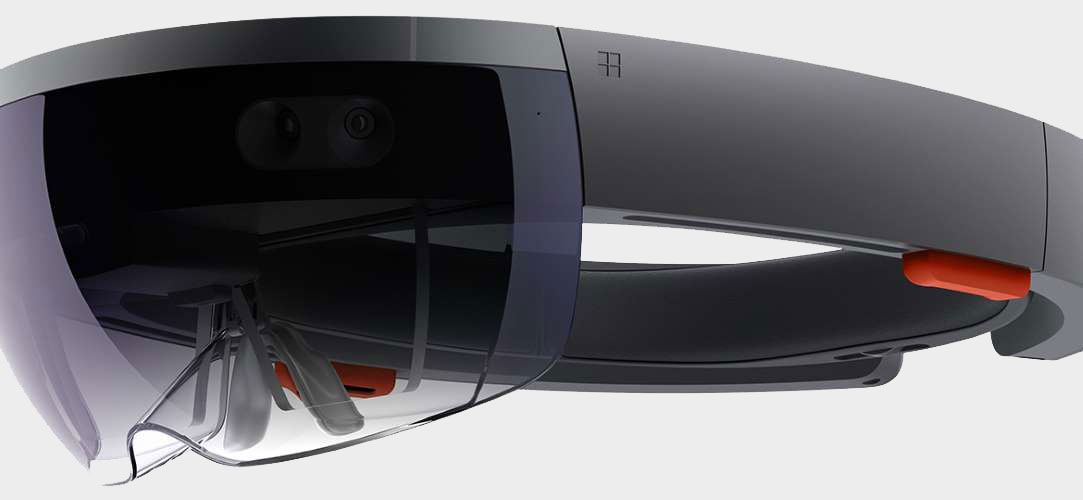US Army plans to use HoloLens headsets to ‘increase lethality’ of combat missions
Microsoft will supply upwards of 100,000 prototype AR headsets to the military as part of a $480 million contract.

The US Army has agreed to pay Microsoft nearly half a billion dollars to supply upwards of 100,000 prototype augmented reality headsets for use in training scenarios and actual combat, Bloomberg reports.
In case there is any doubt about the actual goal, a government description of the program says flat out that these headsets are intended to "increase lethaliity by enhancing the ability to detect, decide, and engage before the enemy."
Microsoft wasn't the only player in contention for the lucrative contract. Bloomberg says Magic Leap had also made a push to build AR headsets for the military program, and that more than two dozen companies were interested in being involved in some capacity.
One thing that seems to have worked in Microsoft's favor is that its HoloLens headsets are already used by the US Army for training.
"Augmented reality technology will provide troops with more and better information to make decisions. This new work extends our longstanding, trusted relationship with the Department of Defense to this new area,” Microsoft told Bloomberg.
Making the leap to combat is no small task, obviously. How exactly future prototype HoloLens headsets will be utilized in the field remains to be seen, though Breaking Defense wrote about the Army testing new head-mounted displays earlier this year, noting that they could help them improve their aim and navigate the battlefield better. As it relates to navigation, one of the benefits for a soldier in the heat of combat is being able to look at a digital map without looking down at a separate digital device.
The Army would also like to incorporate night vision and thermal sensing into upcoming HoloLens headsets.
Keep up to date with the most important stories and the best deals, as picked by the PC Gamer team.
Before the contract was finalized, several Microsoft employees wrote an open letter urging the company not to bid on the military's "Project JEDI."
"Many Microsoft employees don’t believe that what we build should be used for waging war. When we decided to work at Microsoft, we were doing so in the hopes of 'empowering every person on the planet to achieve more', not with the intent of ending lives and enhancing lethality," the letter reads.
Microsoft president and chief legal officer, Brad Smith, addressed the criticism in a blog post. He reaffirmed that "Microsoft will be engaged" with the US military.
"As is always the case, if our employees want to work on a different project or team—for whatever reason—we want them to know we support talent mobility. Given our size and product diversity, we often have open jobs across the company and we want people to look for the work they want to do, including with help from Microsoft’s HR team," Smith said.
Paul has been playing PC games and raking his knuckles on computer hardware since the Commodore 64. He does not have any tattoos, but thinks it would be cool to get one that reads LOAD"*",8,1. In his off time, he rides motorcycles and wrestles alligators (only one of those is true).


